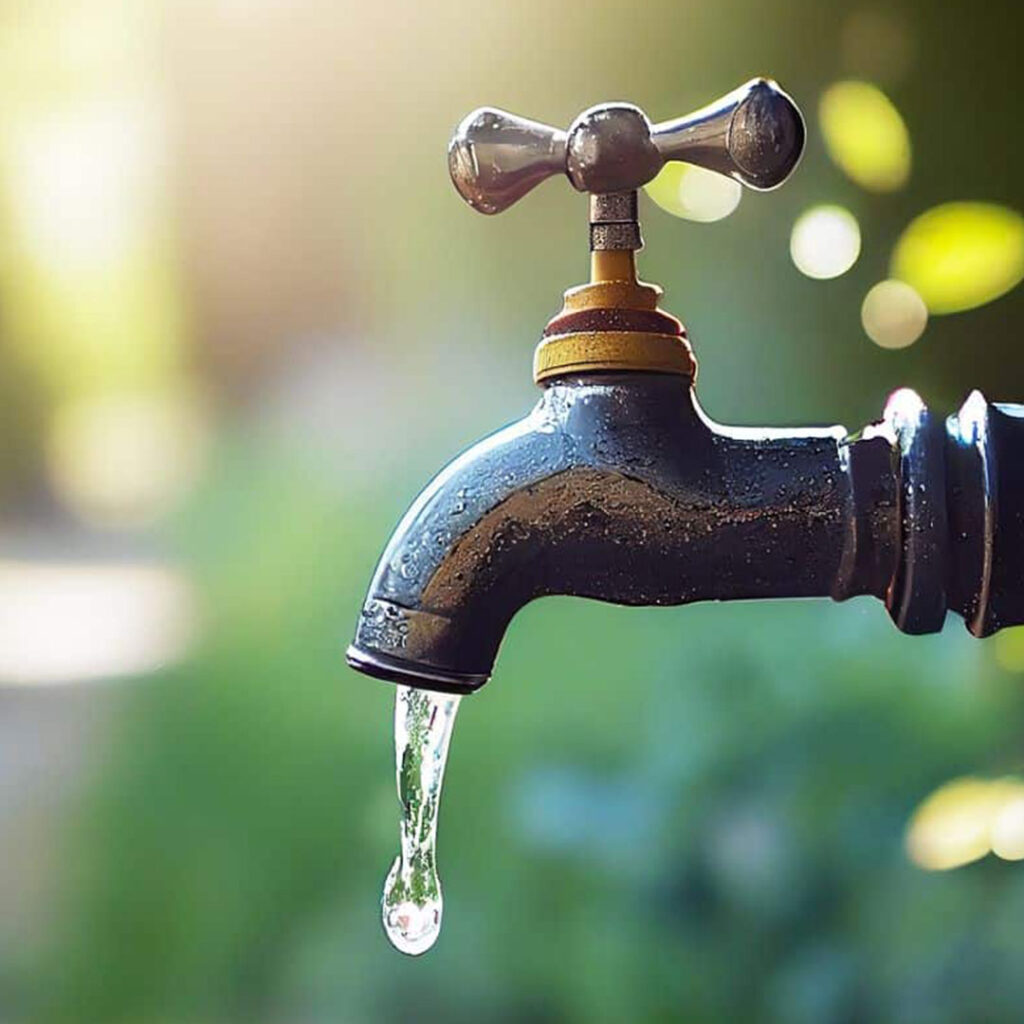“Conserve as much water as possible” is a crucial message that underscores the significance of water conservation in daily life. Conserving water is essential to ensure sustainable access to this finite resource for present and future generations. Here are some effective ways to conserve water:
Fix Leaks: Regularly check for and repair leaks in faucets, toilets, and pipes, as even small leaks can waste significant amounts of water over time.
Use Water-Efficient Appliances: Install water-saving devices such as low-flow showerheads, faucets, and toilets to reduce water consumption without compromising functionality.
Take Shorter Showers: Limit shower time and consider taking shorter showers to conserve water. Turning off the shower while soaping or shampooing can significantly reduce water usage.
Collect Rainwater: Use rain barrels or other systems to collect rainwater for outdoor use, such as watering plants or gardens.
Water-Efficient Landscaping: Use drought-resistant plants, mulch, and efficient irrigation methods like drip irrigation to minimize water usage in landscaping.
Re-use Water: Re-purpose water from activities like washing fruits and vegetables or waiting for shower water to warm up for other purposes like watering plants or cleaning.
Turn Off Taps When Not in Use: Avoid letting the water run unnecessarily while brushing teeth, washing dishes, or doing other chores.
Educate and Spread Awareness: Educate others about the importance of water conservation and encourage the adoption of water-saving habits in homes, communities, and workplaces.
Monitor Water Usage: Keep track of water consumption and identify areas where water can be saved, fostering a more conscious approach to water usage.
Support Water-Efficient Policies: Advocate for water conservation measures and support policies that promote efficient water use in your community.
Conserving water is crucial to mitigate water scarcity, preserve natural resources, and ensure water availability for various needs. Every individual’s efforts in conserving water collectively contribute to a more sustainable and water-resilient future.
